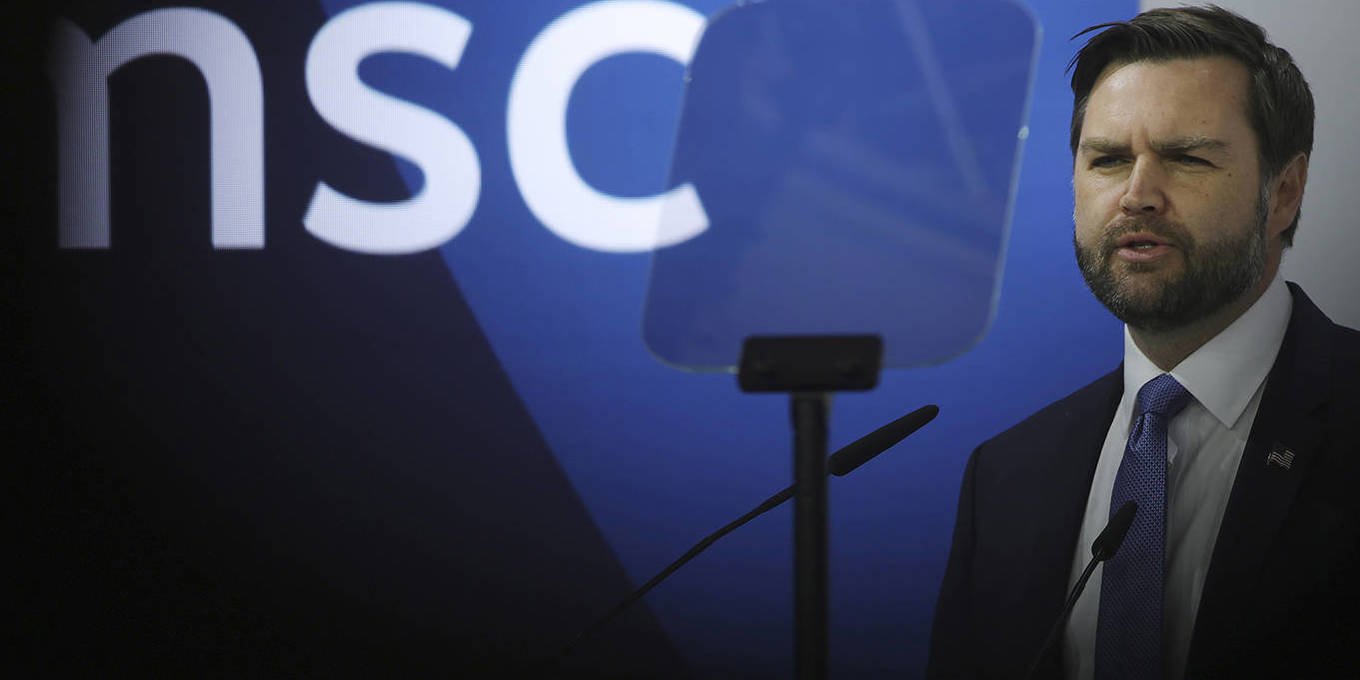A Westless World

```html
The Return of Westlessness: America's Abandonment of Transatlanticism
A Munich Security Conference Divided
The annual Munich Security Conference, a vital gathering for discussing international security, once buzzed with the promise of renewed Western unity. Following the tumultuous Trump years and Russia's invasion of Ukraine, Biden's election offered a glimmer of hope. Yet, the 2024 conference revealed a stark reality: the resurgence of "Westlessness," a term coined to describe the fracturing of the Western alliance.
J.D. Vance's Divisive Address
Vice President J.D. Vance's address to the conference did little to quell anxieties surrounding the new Trump administration's transatlantic strategy. Instead of addressing security concerns, Vance delivered a scathing critique of European values, condemning their interpretation of free speech while his own administration grappled with accusations of suppressing the American press. His remarks on "out-of-control migration" and criticism of German liberal-democratic parties further exacerbated tensions, leaving attendees questioning the administration's commitment to the North Atlantic Alliance's core principles.
"I've heard a lot about what you need to defend yourselves from," Vance noted. "But what has seemed a little bit less clear to me... is what exactly it is that you're defending yourselves for."
Europe's Pushback and the Clash of Worldviews
European leaders responded forcefully to Vance's criticisms, rejecting his interference in their domestic affairs. German Defense Minister Boris Pistorius countered, "We do not only know against whom we are defending our country, but also for what. For democracy, for freedom of expression, for the rule of law, and for the dignity of every individual." This exchange highlighted the growing chasm between the two sides, each convinced the other had strayed from the shared values that once bound the West together.
America: A Free Agent and a Threat From Within?
Within a month of Trump's inauguration, the United States appeared to abandon its role as a stabilizing global force. Vance's assertion that the greatest threat is "not Russia, it's not China... it's the threat from within" resonated with many, but not in the way he intended. Europeans viewed America's actions as a return to nineteenth-century great power politics, focused on territorial expansion and spheres of influence, rather than on the principles of liberal democracy.
A Glimmer of Hope?
Despite the bleak outlook, America's shift has galvanized European leaders to consider increased defense spending and reduced reliance on the U.S. This potential for a more balanced transatlantic partnership offers a sliver of hope. However, the Trump administration's support for illiberal and pro-Russian forces within Europe complicates this path, creating internal divisions that hinder collective security efforts.
Ultimately, the greatest threat to the West may indeed be coming from within, just not in the way Vance envisioned. The erosion of shared values and the re-emergence of great power rivalry within the transatlantic alliance pose a serious challenge to the future of the West.